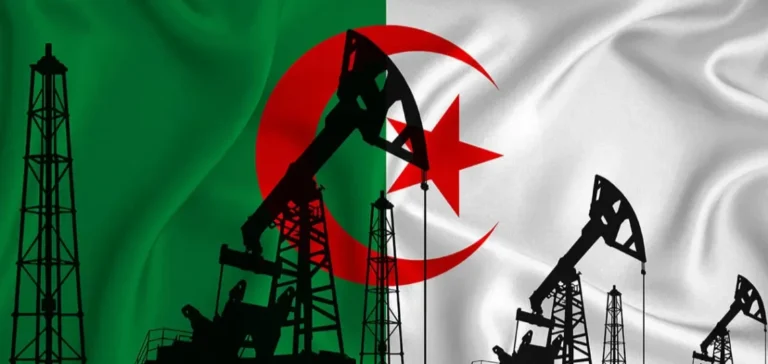Algeria plans to invest $60 billion (DZD8,172bn) in the energy sector between 2025 and 2029. Minister of Energy and Mines Mohamed Arkab stated that 80% of this amount would be directed towards hydrocarbon exploration and production, during the opening of the Africa & Mediterranean Energy & Hydrogen Exhibition and Conference (NAPEC 2025) held in Oran.
Focus on upstream and flaring reduction
The minister specified that investments will primarily target the upstream segment of the oil and gas industry. He also emphasised that natural gas now represents a central pillar of the country’s energy strategy, describing it as a “transition energy”. In this context, Sonatrach aims to reduce gas flaring to below 1% by 2030. The plan also includes downstream modernisation, with the construction of the Hassi Messaoud refinery and new production units for clean fuels and petrochemical products.
Gradual rollout of renewable energies
The Algerian government is continuing efforts to broaden its energy mix. Projects aiming to generate 3,200 megawatts from renewable sources are already underway. According to Sonatrach Chief Executive Officer Rachid Hachichi, the company also intends to accelerate investments in green hydrogen, low-carbon technologies and solar energy. He stated that this programme addresses both national energy security and alignment with global sector dynamics.
Shale gas integrated into national strategy
Algeria is reintegrating shale gas into its energy policy, with renewed interest in unconventional resources. Samir Bekhti, President of the National Agency for the Valorisation of Hydrocarbon Resources (ALNAFT), confirmed a strategic shift in this direction. The country reportedly holds over 700 trillion cubic feet of technically recoverable shale gas, one of the world’s largest potentials. This repositioning aims to offset the gradual decline of major conventional fields.
New exploration round planned for 2026
A new licensing round for exploration blocks is scheduled for the first half of 2026. It remains to be seen whether it will include specific licences for shale gas. Despite its potential, commercial exploitation is still limited by high costs and technical constraints, particularly water availability in a semi-arid context. The success of this strategy will depend on Algeria’s ability to attract technology partners, adjust its fiscal framework and strengthen local expertise in unconventional extraction.






















